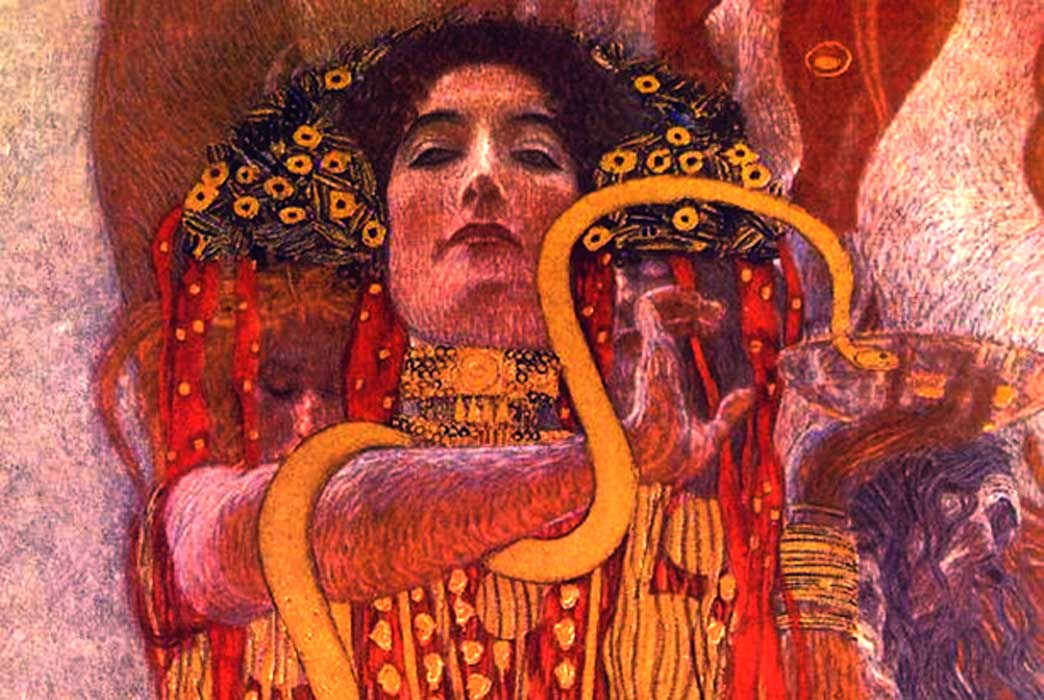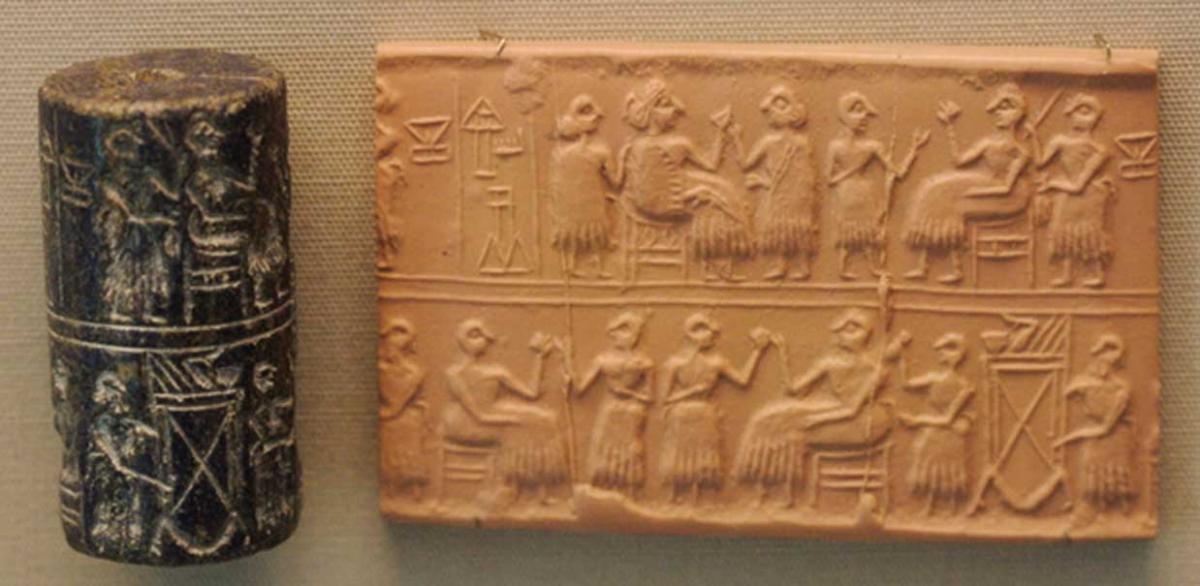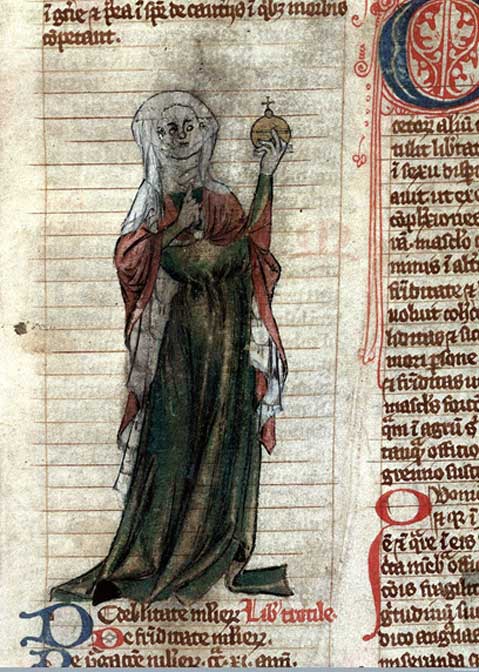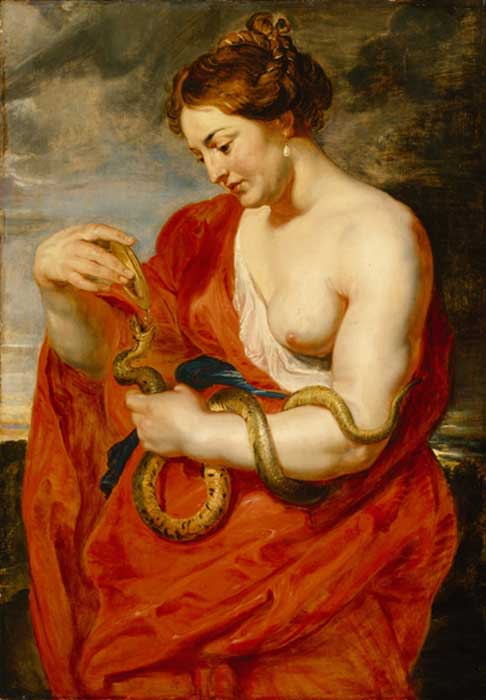
Woman, Healer, Goddess? Famous (and Forbidden) Female Physicians in the Ancient World
Throughout history, women have always been healers. They were pharmacists, cultivating healing herbs and exchanging the secrets of their uses. They were also nurses, counselors, midwives who traveled from home to home and village to village. The history of women in medicine dates to 3500 BCE. Queen Puabi of Ur was buried with surgical instruments so that she might practice surgery in the afterlife. In ancient Egypt, priestesses of Isis were regarded as physician-healers who obtained their healing powers from the goddess Isis herself. Egyptian records show that women studied at the royal medical school at Heliopolis as early as 1500 BCE.

Cylinder seal featuring Queen Puabi of Ur. (CC BY-SA 2.0)
With the fall of Corinth in 150 BCE, Greek female prisoners were taken to Italy where those with medical knowledge fetched the highest price. In his collection of work, called Sixteen Books on Medicine, Aëtius of Amida, a Byzantine Greek physician, describes the surgical techniques of Aspasia, a Greco-Roman female surgeon. These books served as prominent surgical texts well into the 11th century where an Italian woman by the name of Trotula, herself an established physician, became well-known for teaching male doctors about the female body and childbirth.

"Trotula", clothed in red and green with a white headdress, holding an orb. (Miscellanea medica XVIII), early 14th century (France), a copy of the intermediate Trotula ensemble (Public Domain)
However, later in history, King Henry VIII of England proclaimed that “No carpenter, smith, weaver or women shall practice surgery.” Women’s accomplishments in medical science throughout history, therefore, were not achieved without struggles as they all had to contend with the restrictions of their times.
The Powerful Goddesses of Healing in Ancient Mythology
Women’s mythological association to birth, death and immortality are well documented, and this leads to the goddesses’ association with healing and restoration even though they might later be more well-known by their other functions. In ancient Greece, for example, the goddess Athena cured blindness and the goddess of marriage, Hera, was also known as the chief healing deity.
- Silphium, the ancient contraceptive herb driven to extinction
- Ancient Healing Methods Offer an Alternative Paradigm in Health
Other healing goddesses in ancient Greece include: Aceso, the goddess of curing sickness and healing wounds; Eileithyia, the goddess of childbirth; Epione, the goddess of the soothing of pain; Hygieia, the goddess of health; cleanliness and sanitation; and Panacea, the goddess of the universal cure.





